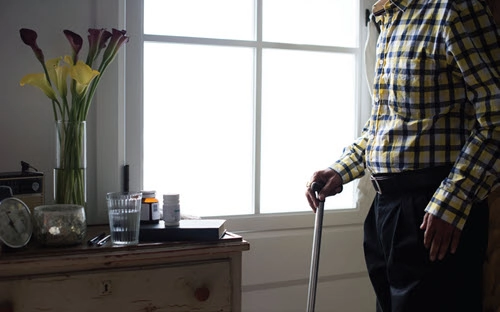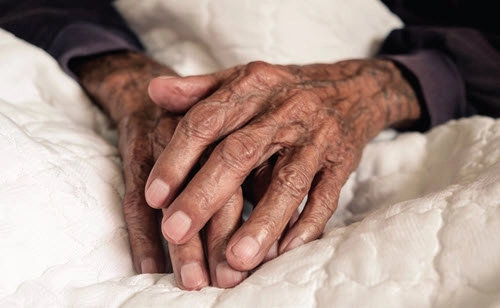Understand How to ‘Skill’ a Resident
Find clarification in the useful behemoth, the Medicare Benefit Policy Manual. MDS nurses have never been busier than right now, with the threat of COVID-19 constantly lurking or actually overwhelming facilities. However, nurses still need to know how to do the basics of their jobs, including understanding how and when residents qualify for skilled care and the subsequent reimbursement. “It is important to remember that COVID-19 brought many changes to the SNFs, but the level of care requirements for skilled services did not change at all. Complete understanding of chapter 8 of the Medicare Benefit Policy Manual is critical to determining: Is the resident skilled?” says Jane Belt, MS, RN, QCP, RAC-MT, RAC-MTA, curriculum development specialist at American Association of Post-Acute Care Nursing (AAPACN) in Denver. Read on for some answers to frequently asked questions about what kind of care can qualify as skilled care for residents, according to the Medicare Benefit Policy Manual, Chapter 8. For answers specific to COVID-19, seethe article on page XX. Question: What constitutes “skilled” care? Answer: To “skill” a resident, the resident must meet the following conditions: Note: “‘General supervision’ requires initial direction and periodic inspection of the actual activity. However, the supervisor need not always be physically present or on the premises when the assistant is performing services,” the Medicare Benefit Policy Manual says. Also beware that skilled care is not necessarily an acute response: “Skilled care may be necessary to improve a person’s current condition, to maintain the person’s current condition, or to prevent or slow further deterioration of the person’s condition,” according to the Medicare Benefit Policy Manual. Read the complete description at “30.2.1 - Skilled Services Defined.” Question: Is a resident’s stay in a SNF automatically covered if they’re receiving skilled services? Answer: Medicare Part A will cover care in a SNF if the resident meets the qualifications listed above, as well as the following four factors: For more information, see “30 - Skilled Nursing Facility Level of Care – General.” Question: Do unavoidable interruptions, like inclement weather or other natural disasters, affect a resident’s skill status? Answer: No, not necessarily. The Medicare Benefit Policy Manual specifies that skilled nursing or rehabilitation services should be needed by the resident and provided daily, but that that requirement is not so strict “that it would not be met merely because there is an isolated break of a day or two during which no skilled rehabilitation services are furnished and discharge from the facility would not be practical.” Read more about daily requirements for skilled status “30.6 - Daily Skilled Services Defined.” Question: Can you “skill” palliative care or other comfort measures? Answer: Not usually. The Medicare Benefit Policy Manual lists the following services as generally not qualifying as skilled: Read more under “30.5 - Nonskilled Supportive or Personal Care Services.” Question: Can facilities stagger skilled services, so a resident is indeed receiving a qualifying skilled service every day? Answer: No, not exactly. “The daily basis requirement can be met by furnishing a single type of skilled service every day, or by furnishing various types of skilled services on different days of the week that collectively add up to ‘daily’ skilled services,” the Medicare Benefit Policy Manual says. However, a facility cannot schedule different therapies for each day to qualify for skilled care unless the resident actually requires therapy every day. Read more under “30.6 - Daily Skilled Services Defined.”



